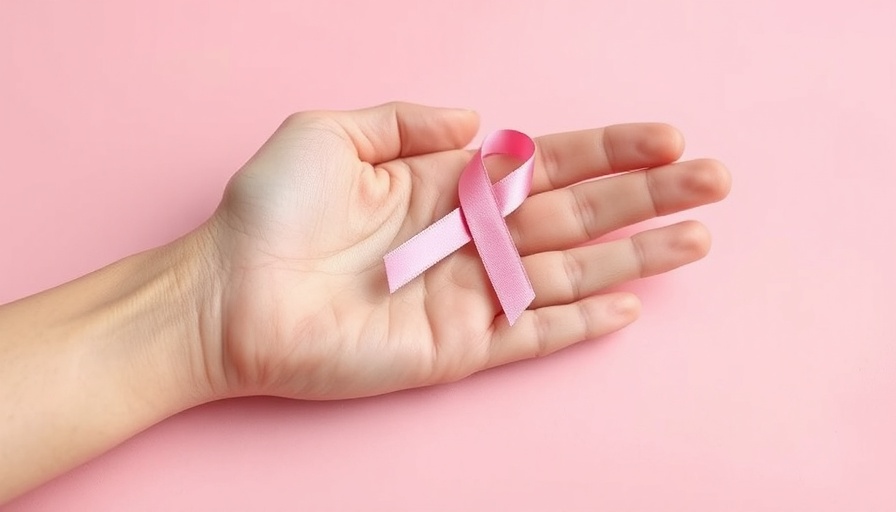
Understanding Lasting Physical Decline in Breast Cancer Survivors
Recent research has shed light on a concerning aspect of breast cancer survivors' health, revealing that those treated with chemotherapy tend to experience lasting physical decline. This decline, primarily identified by fatigue and reduced capabilities in daily activities, extends beyond two years post-diagnosis. The findings, published in JAMA Network Open, highlight a significant distinction between treatment effects. Breast cancer survivors who did not undergo chemotherapy generally do not face such prolonged physical impairments.
Study Insights and Statistical Analysis
The study analyzed data from over 2,500 women diagnosed with breast cancer, comparing their health outcomes to those of more than 12,800 women without cancer. While variations existed among treatment types, it was particularly noted that about 11% of these survivors underwent chemotherapy, leading to pronounced health issues—a stark contrast to the 48% treated with hormone-blocking therapy, whose physical decline was confined primarily to users of aromatase inhibitors.
Potential for Improved Health Outcomes
Lead researcher Clara Bodelon emphasized the importance of understanding these health outcomes, stating, “These findings could lead to interventions that improve health outcomes for breast cancer survivors.” This represents a crucial step in tailoring post-treatment care to the unique needs of breast cancer survivors, potentially mitigating long-term effects linked to chemo.
Implications for Women’s Health
The implications of these findings extend beyond individual health; they indicate a need for comprehensive support systems. Survivors are at higher risk for chronic conditions and earlier disease onset, underscoring the necessity for longitudinal health monitoring. To empower survivors, healthcare professionals must be equipped with updated protocols on managing the long-lasting effects of chemotherapy.
Seeking additional insights into how these treatments may affect physical health can help not only those with a breast cancer diagnosis but also inform broader public health strategies addressing women’s health and cancer survivorship.
Steps Forward for Breast Cancer Survivors
As survivors navigate their post-treatment journey, staying informed about potential side effects and available resources is vital. Engaging with support groups and healthcare providers can provide avenues for better management of symptoms related to chemotherapy. Women are encouraged to discuss any persistent challenges with healthcare professionals, facilitating a proactive approach to their health.
If you're seeking more details regarding cancer treatments, health implications, or support resources, contact us for more details.
 Add Row
Add Row  Add
Add 




Write A Comment